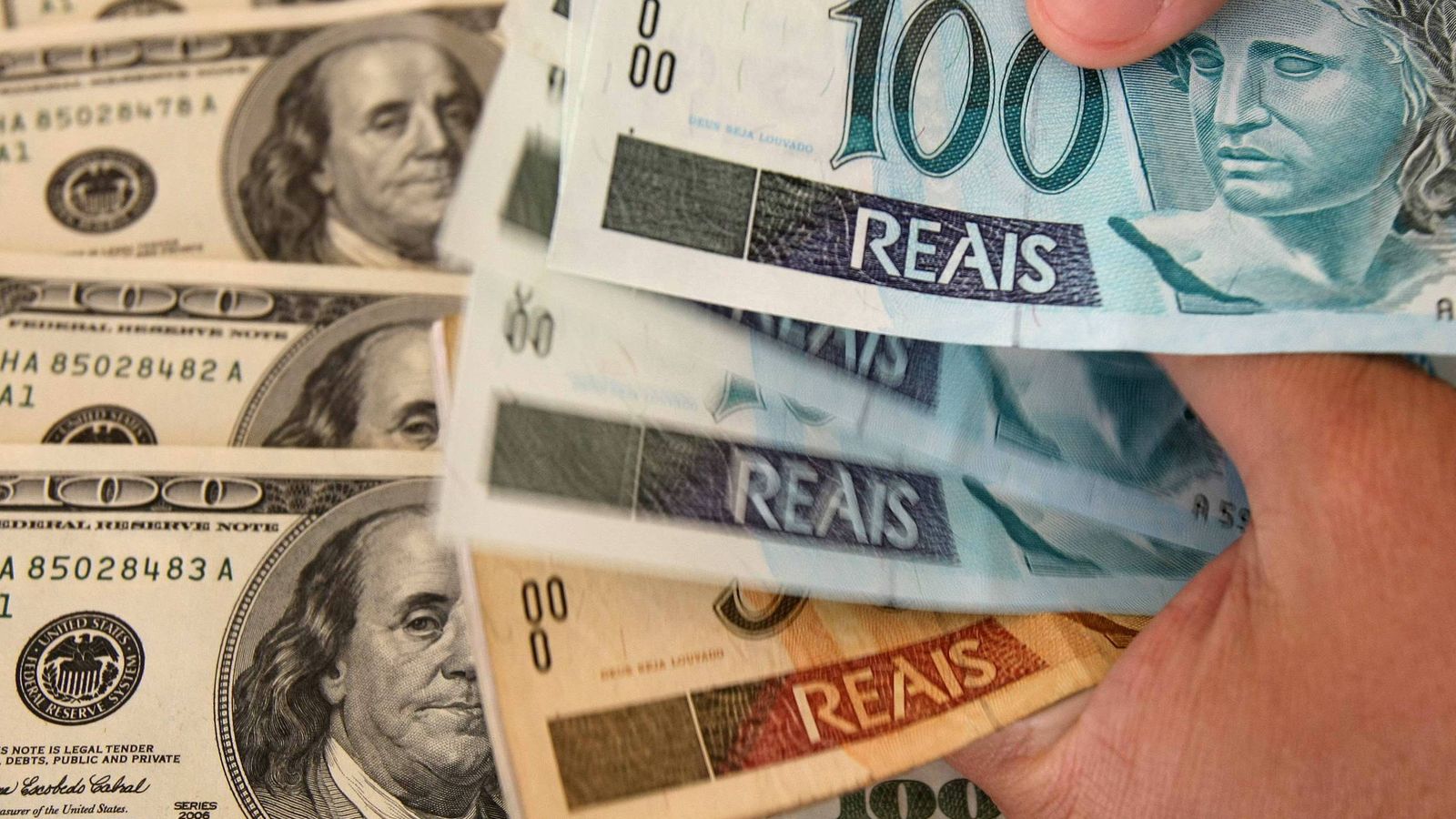The US central bank’s decision to raise interest rates on schedule relieved the global financial market. The dollar fell below R$5.30 and closed at the lowest level in almost a month.
The stock market recovered 101,000 points and reached the highest level in 40 days.
The commercial dollar closed this Wednesday, July 27, and sold at R$5.251, with a retreat of R$0.098 (-1.83%).

The price opened close to stability but began to fall after the opening of the North American markets and plummeted from 3 PM onwards after the Federal Reserve (Fed, United States Central Bank) announced the increase in basic interest rates in the United States by 0.75 percentage points.
The rate is at the lowest level since June 30. With yesterday’s drop, the US currency is now accumulating a high of only 0.03% in July. In 2022, the currency fell 5.83%.
The commercial euro, which reached R$5.61 last Friday, July 22, ended this Wednesday, sold at R$5.359, down 1.03% today.
In the stock market, the day was also marked by euphoria. The B3’s Ibovespa index closed at 101,438 points, up 1.67% and at the highest level since June 15.
Besides the high of the North American stock markets, the indicator was influenced by Brazilian companies’ release of balance sheets, which indicate the maintenance of profits or profits higher than expected.
After weeks of expectations, the Fed raised the basic interest rates in the United States by 0.75 percentage points, to a range between 2.25% and 2.5% per year.
Despite the significant hike, the global financial market received the news with relief because some investors feared that the Fed would raise interest rates by one percentage point to hold down US inflation, which is at its highest level in 41 years.
Higher interest rates in advanced economies stimulate capital flight from emerging countries like Brazil.
With information from Agência Brasil

